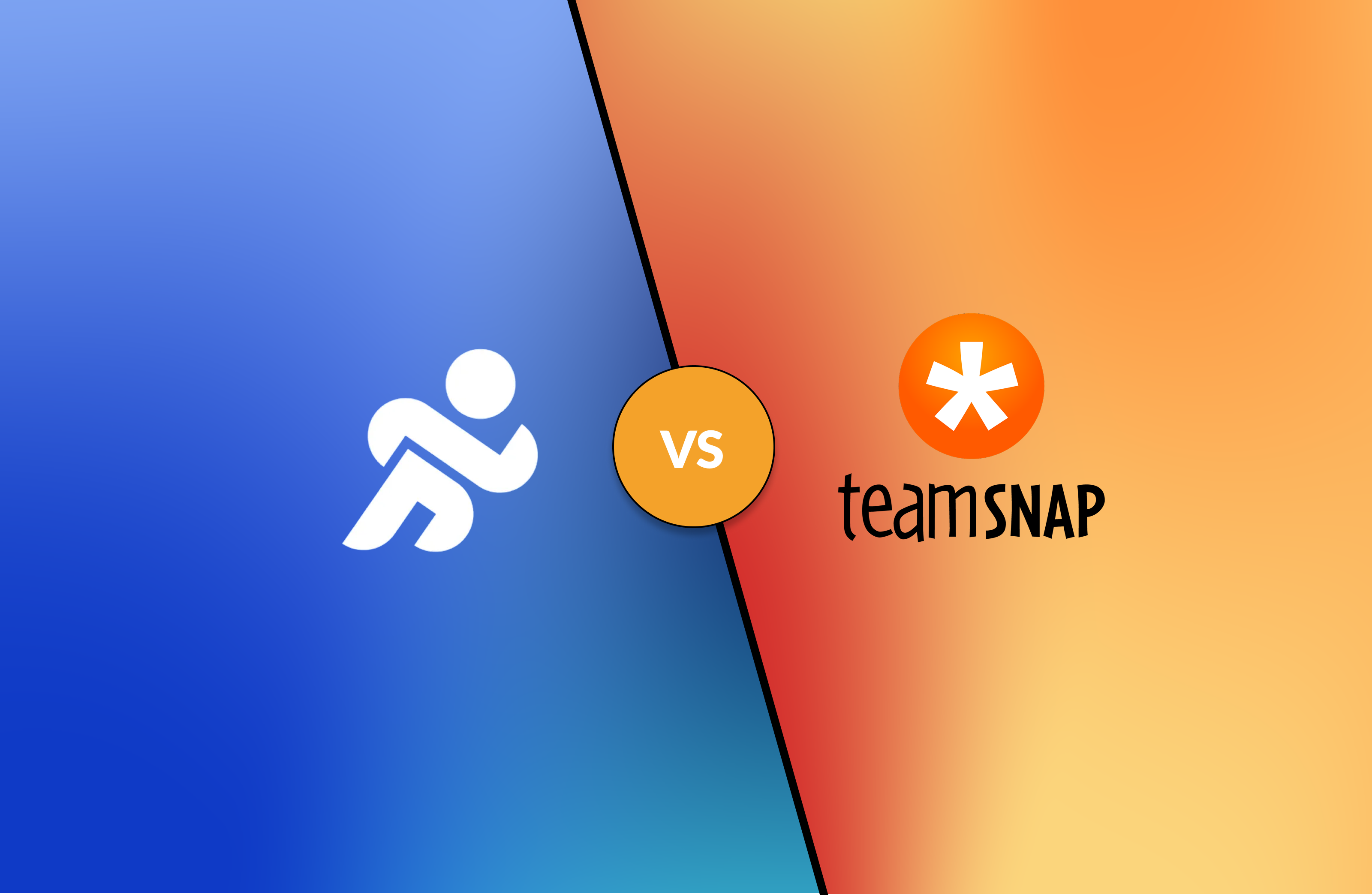10 ideas to motivate young children to continue their sporting activities

Just a few months after the first wave of confinement, group sports activities and training have been put on pause for a second time. Coaches are once again having to turn to virtual platforms, in an attempt to motivate young athletes to continue exercising as much as possible.
According tothe World Health Organization, children and teenagers should get at least 60 minutes of physical exercise a day. For active youngsters, who are used to having several practices a week, plus game nights, this shouldn’t be a problem. However, without your coach and team-mates, it can become a lot less motivating.
Here are 10 different ways to keep kids motivated and active:
1. Offer a selection of exercises by YouTube video.
YouTube offers a multitude of training videos to suit all tastes. As a trainer, take the time to put together capsules that will challenge athletes at home. Alone or with the family, they’ll be able to choose the workout that suits them, and also vary from one day to the next. Here’s an example of a dance training capsule to do at home.
2. Continue practicing 2 by 2.
Although team sports are forbidden, it is still possible to practice a sporting activity in pairs under certain conditions. You can do your weekly training outdoors with one of your team-mates, provided the 2-metre distance is respected. Just like adults who train together, young athletes like to motivate themselves by practicing a sporting activity with another person. It’s different from training alone or with a family member, and brings a social aspect.
3. Reversing roles: from athlete to coach!
Why not reverse the roles once in a while? Give the youngsters a series of exercises so that they can take on the role of trainer for the duration of a physical activity session and show their parents the exercises they’re used to doing. Involving parents once in a while can change the dynamic of training sessions.
4. Challenge them!
For a young athlete, there’s nothing like a sporting challenge to motivate them to train. It’s important for young people to stay connected to each other during this time. Don’t hesitate to give them challenges that require them to take photos or videos of themselves, and that will enable them to interact with each other afterwards.
Here are a few suggestions for sporting challenges you can take on alone or with teammates from a distance:
- Suggest the use of applications such as Strava or Runkeeper and encourage them to go running. A challenge might be to ask them to run 1 kilometer a day for 10 days and share their results on Classroom.
- Suggest that they do one workout a week away from home and take a photo of each location, explaining why they chose that place to do their workout.
- Challenge them to create an obstacle course in the backyard using the physical exercises from their regular routine, then film themselves doing it and share it with others.
- A good challenge would also be to ask them to create a workout and present it to the other players in turn, live via Zoom.
- Parents, take them out of their comfort zones. Suggest that they do household chores, cook, invent a dance or learn a new sport – it’ll help them mentally and give them a boost when they get back to training.
- Encourage your young athletes to see this forced break as an opportunity to perfect their individual technical skills. Why not organize an online skills competition afterwards? With the return of outdoor ice fast approaching, this would be a perfect challenge for young athletes who, for example, need to perfect their shots on goal and puck control.
Sporting activity in young people is an essential part of everyday life, and even more so during this unusual period. The sense of belonging and the need for achievement are very important for children and teenagers involved in group sports. That’s why it’s important to stimulate your children with a variety of sporting activities to ensure that they keep progressing and don’t lose their motivation to train.
Karl Demers



